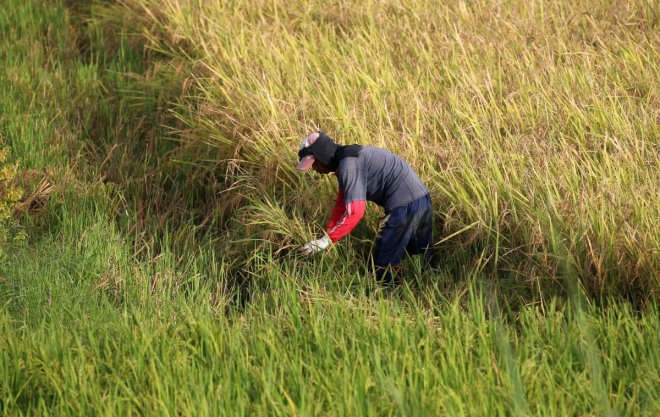
As the Philippines government continues to make agriculture a priority program in the country, the World Bank just announced that it has approved a USD 99.3 million loan to support the agriculture sector by improving the farmers' competitiveness on agribusiness and market access.
Dubbed as the Inclusive Partnerships for Agricultural Competitiveness (IPAC), the load assistance for the said program was approved by the Washington-based international lender.
With this initiative around, 300,000 farmers and farm labourers will be benefited from this project, which aims at building the capacity of farmers' organization to improve their productivity and product quality that will be able to compete in the global market and eventually raise farmers' income. Moreover, 30% of the beneficiaries are women and they will be trained to engage in commercial agriculture, extension services, enterprise development and development of rural infrastructure.
Among the Philippines provinces identified that will benefit from this project are Abra, Aklan, Albay, Bataan, Basilan, Batangas, Benguet, Bohol, Bulacan, Cagayan, Camarines Norte, Camarines Sur, Capiz, Cebu, Davao del Norte, Davao Oriental, Eastern Samar, Ilocos Norte, Ilocos Sur, Iloilo, Isabela, La Union, Lanao del Sur, Leyte, Maguindanao, Marinduque, Masbate, Misamis Occidental, Negros Occidental, Negros Oriental, Northern Samar, Sarangani, Nueva Ecija, Nueva Viscaya, Occidental Mindoro, Oriental Mindoro, Palawan, Pampanga, Pangasinan, Quezon, Sorsogon, Tarlac, Western Samar and Zambales.
The project will also empower farmers to identify and implement potential agriculture projects and programs that will empower them to improvefarmers' lives.
The project that will be supported by World Bank, which will strengthen the capacity particularly those small-holder farmers to engage in sustainable agri-enterprise projects to make them self-reliant in the long term.
Among the supplemental projects mentioned in the IPAC project are the construction of production facilities, nurseries, processing and marketing facilities, product development, production of high value crops and food safety promotion.
The loan given to the will mature in 25 years but a grace period of 10 years will also be considered.









